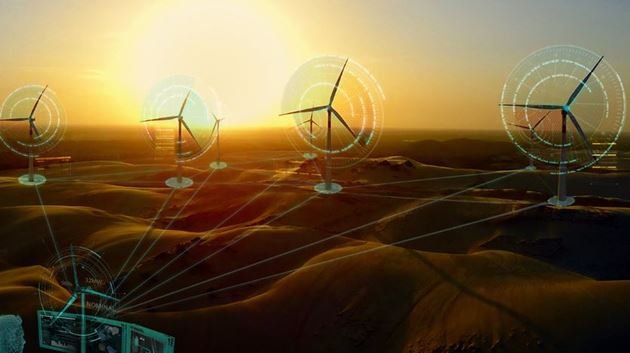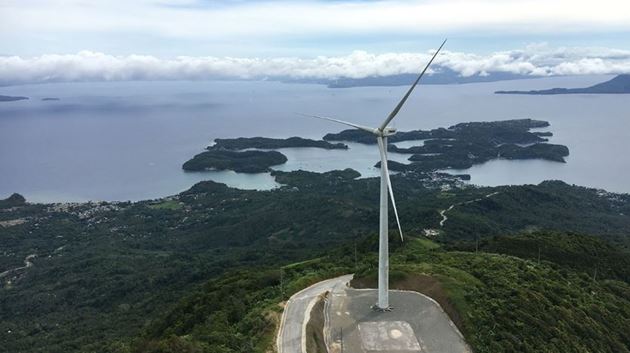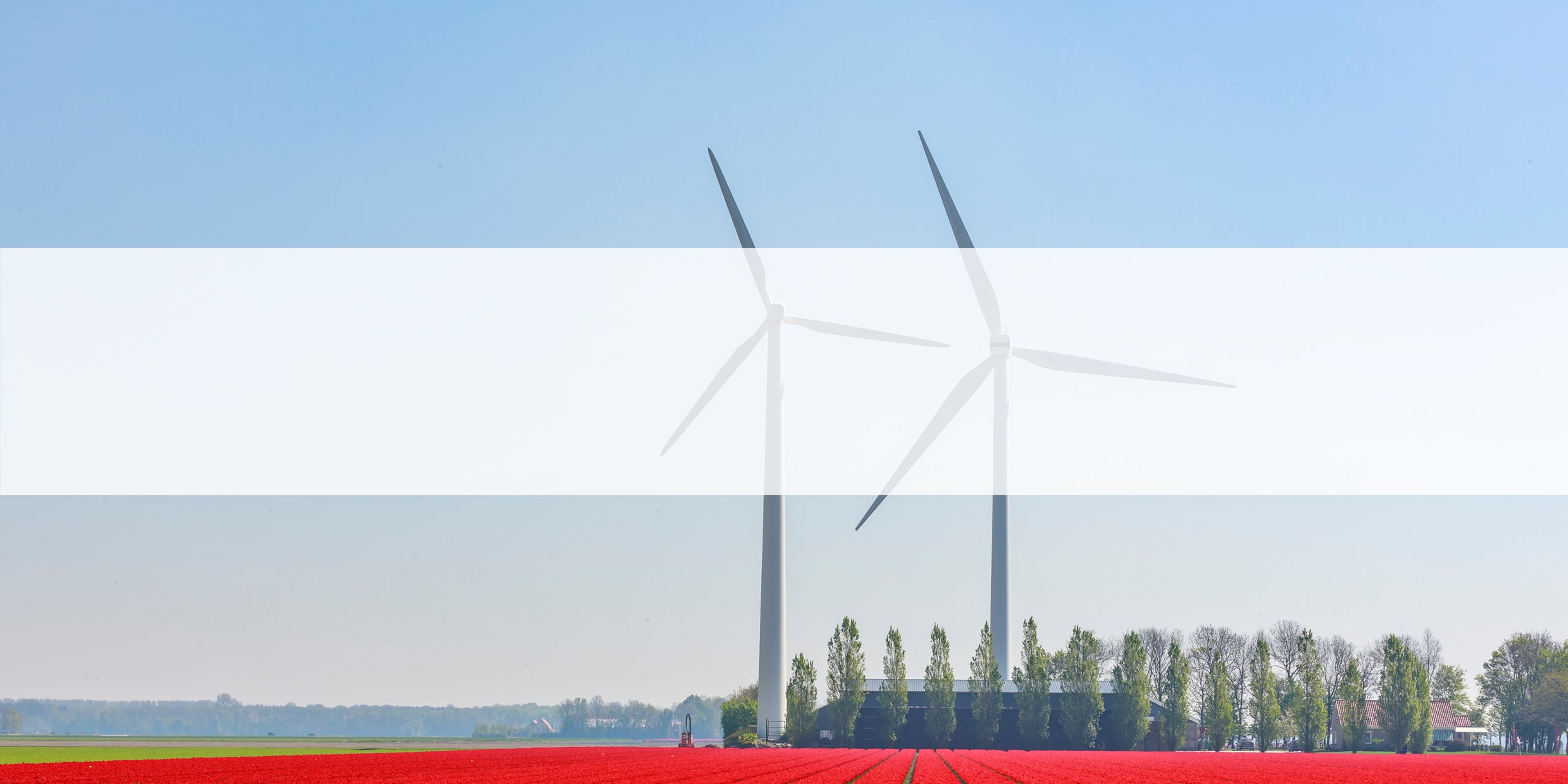
"People want their money to have a positive impact and build a better future"
Companies from different industries, from finance to renewable, have a really important role to play in driving a common response to climate and other social challenges. Therefore, it is more important than ever an intense collaboration between all industries across the world, backed by an unprecedented reallocation of capital.
Do you have interesting topics for our renewable energy journal? Are you interested in renewable products made by Siemens Gamesa? Or are you thinking about joining our team? Please do not hesitate to contact us.
info@siemensgamesa.comTo get an expert perspective on this issue, we spoke to Nick Robins, a Professor in Practice of Sustainable Finance at the London School of Economics’ Grantham Research Institute. His work focuses on how to mobilise finance for a just transition, the role of central banks and regulators in achieving sustainable development and how the financial system can support the restoration of nature.
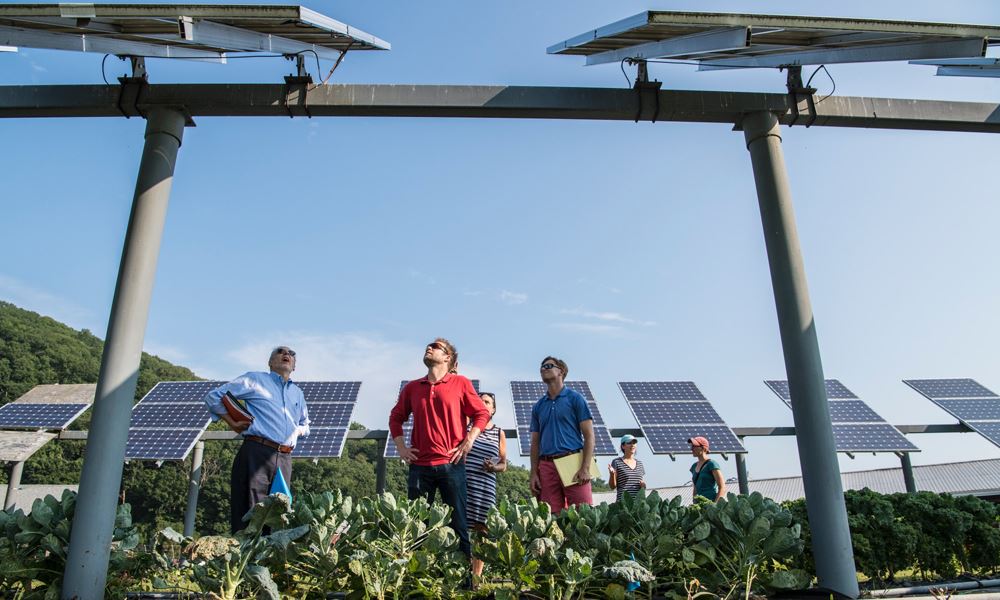
A: A successful net-zero economy will tend to be a more capital-intensive economy, with more focus on upfront investment in clean technologies and less on operating costs, such as energy use and resource consumption. So, as well as reforming key policies in the real economy, notably around energy, transport, industry and land use, we also need to make sure that the financial architecture of the planet is fully aligned with the Paris Agreement. In fact, one of the goals of the agreement is to do exactly this (Article 2.i.c). We clearly have the capital: there is well over $350 trillion in assets across the globe.
Q: What measures should central banks and financial regulators be taking?
A: As guardians of the financial system, central banks are crucial to overcoming the systemic threat posed by the climate crisis and wider environmental degradation. One starting point is to make sure that climate risks are fully integrated into the prudential rules that regulate banks, insurers, pension funds and capital markets. To do this, 16 central banks are introducing climate stress tests to evaluate the exposure of the financial sector to transition and physical risks. In addition, central banks also need to green monetary policy, not least by making sure that climate risks are included in their asset purchase programmes. Finally, central banks are themselves asset owners and they can make sure that their portfolios are Paris-aligned in terms of net zero by 2050.
Q: How should the funding of renewable energy projects change?
A: Renewable energy is no longer ‘alternative’ but the keystone to the new energy economy alongside energy efficiency and smart controls. Traditionally, the oil and gas sector has been viewed as a secure source of dividends for pension funds and insurance firms. This needs to be replaced by the steady yield from long-term renewable energy infrastructure and technology development. Green bond issuance for renewables has grown by leaps and bounds. Further innovations are emerging which help to reduce the cost of capital for renewable roll-out, such as ENEL’s recent SDG Bond, which brought the firm a 15 basis point reduction in its interest payments compared with a conventional bond. At present, the challenge is the lack of high-quality renewable assets coming to market to meet investor demand for sustainable assets.
Q: How can we ensure that a global transition to sustainable financing is fair to consumers and communities around the world?
A: As we make this shift, we need to ensure that the positive social potential of the clean economy is realised and any downside impacts are addressed ahead of time. Investors fear ‘stranded assets’ in the fossil fuel sector. But we could also face ‘stranded workers’ and ‘stranded communities’ too. Over 150 investors with $10 trillion in assets now back a just transition and want the companies they own to deliver climate action that is socially inclusive. Governments and companies should be involving workers and communities in their climate plans and focusing resources on re-skilling and revitalising regions.
Q: Are there ways that consumers and citizens can further encourage financial and investment firms to make the transition to sustainable financing happen more quickly?
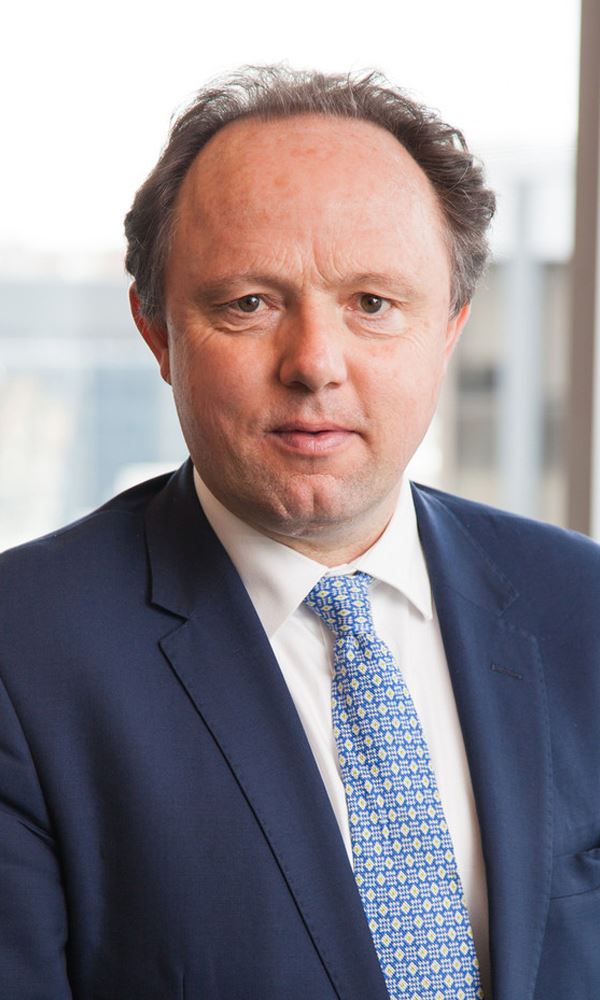
A: What is really striking is how individual citizens as financial consumers and savers are signalling that they want their money to help build a positive future. Along with market dynamics and the pressure from regulators, this bottom-up demand is pushing some of the world’s biggest investment houses to reset their investment offerings. In addition, people also want to be part of the clean economy where they live. Municipal green bonds offer people a way of putting their savings to work in their local community.
Q: Do you see the post- Covid-19 stimulus packages that will be required to kickstart the global economy being an opportunity to fast-forward progress on the goals detailed in the Paris Agreement?
A: The COVID crisis has underscored the need to build an economy which is truly resilient both to pandemics as well as other systemic threats such as biodiversity loss and climate change. The way we emerge from this terrible health emergency will determine the path we take for the rest of the decade – and there is increasing agreement that designing sustainable recovery packages is the best way of creating jobs and reviving economies as well as hitting our environmental goals. Finance ministers, central banks and investors are all signalling that this is the path they want to take. The next task is to translate this intention into practical instruments, such as through a sizeable issuance of green sovereign bonds to drive the recovery process.
If you want to learn Siemens Gamesa’s strategy on sustainable finance, visit our newsroom.
